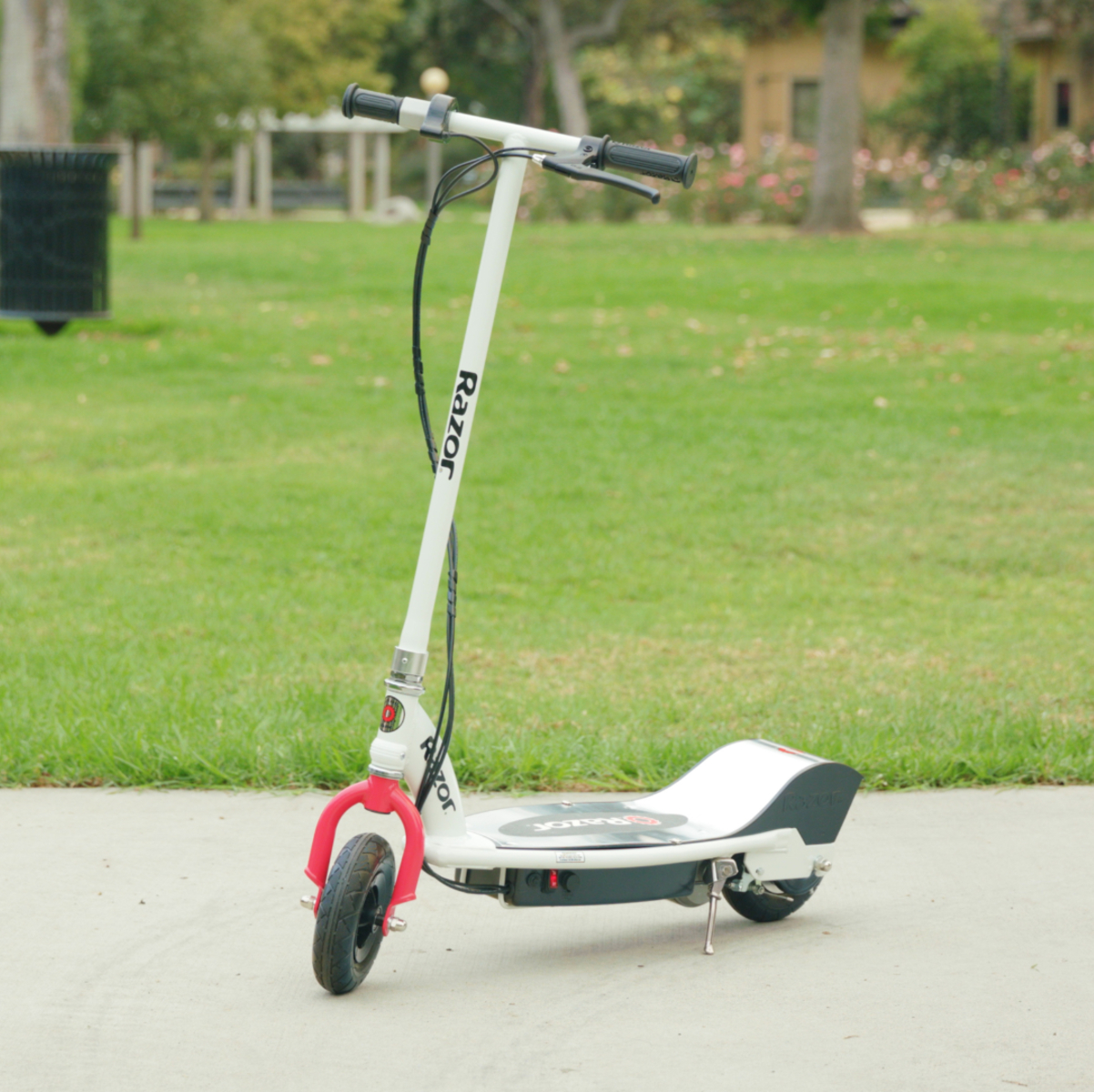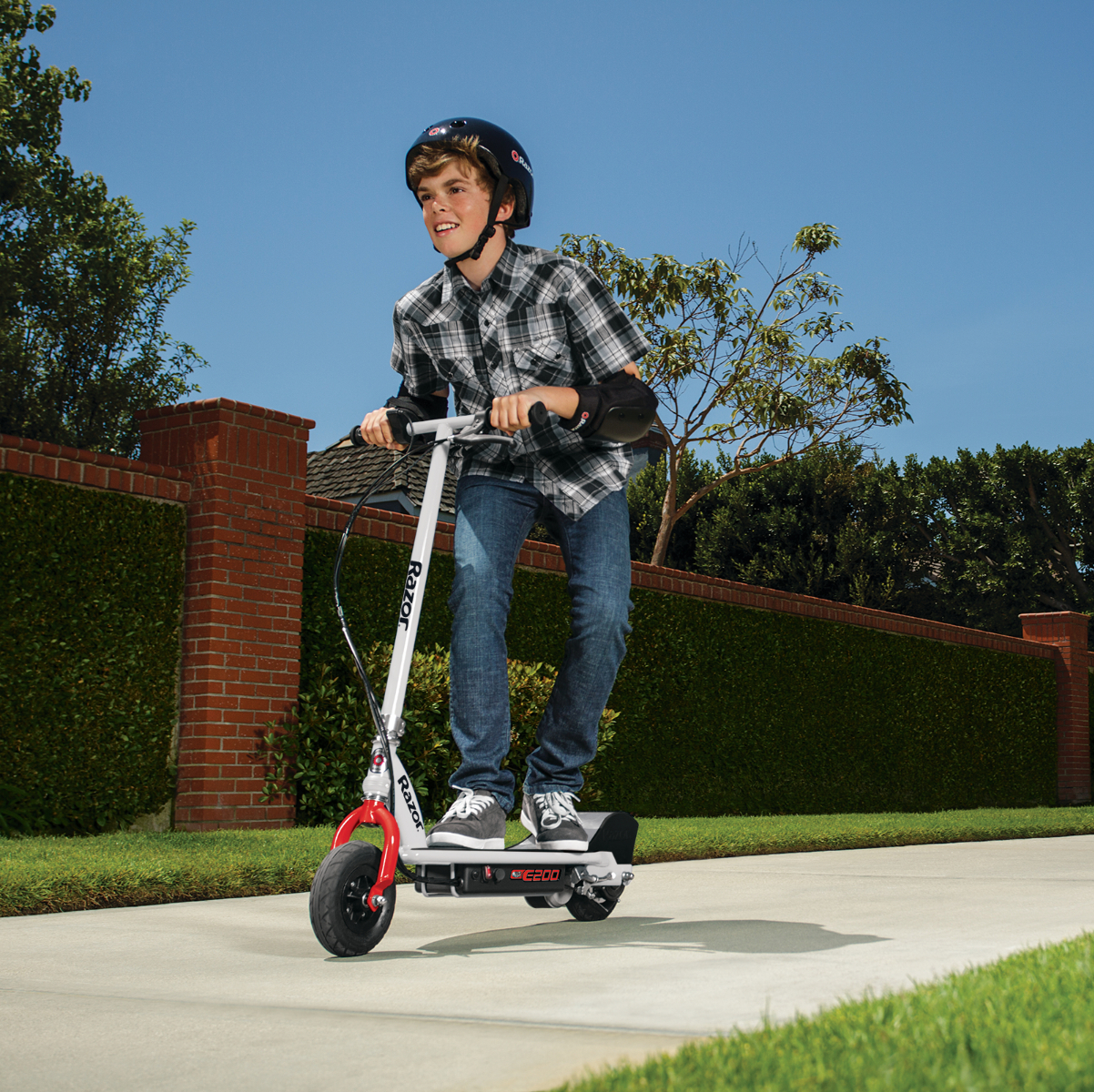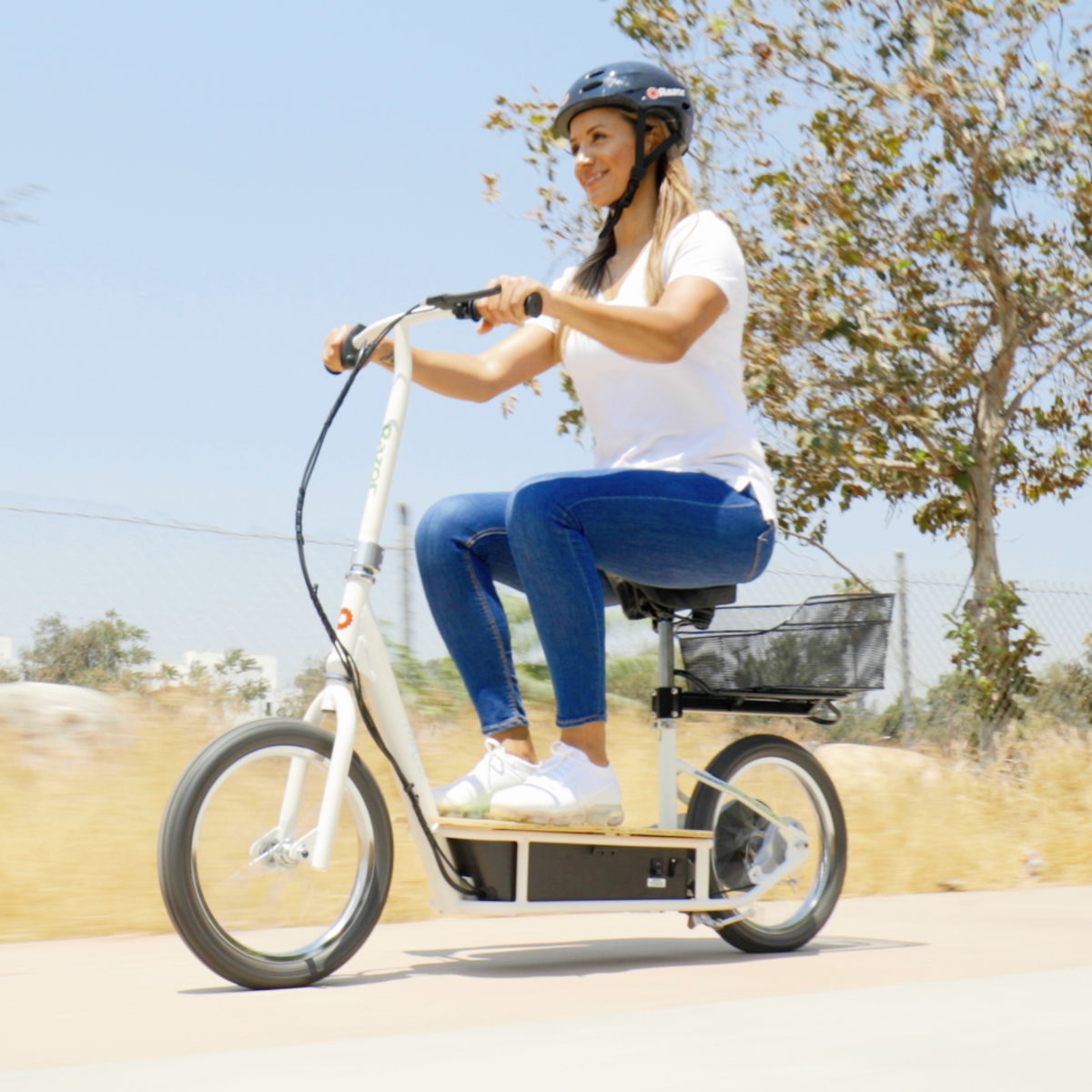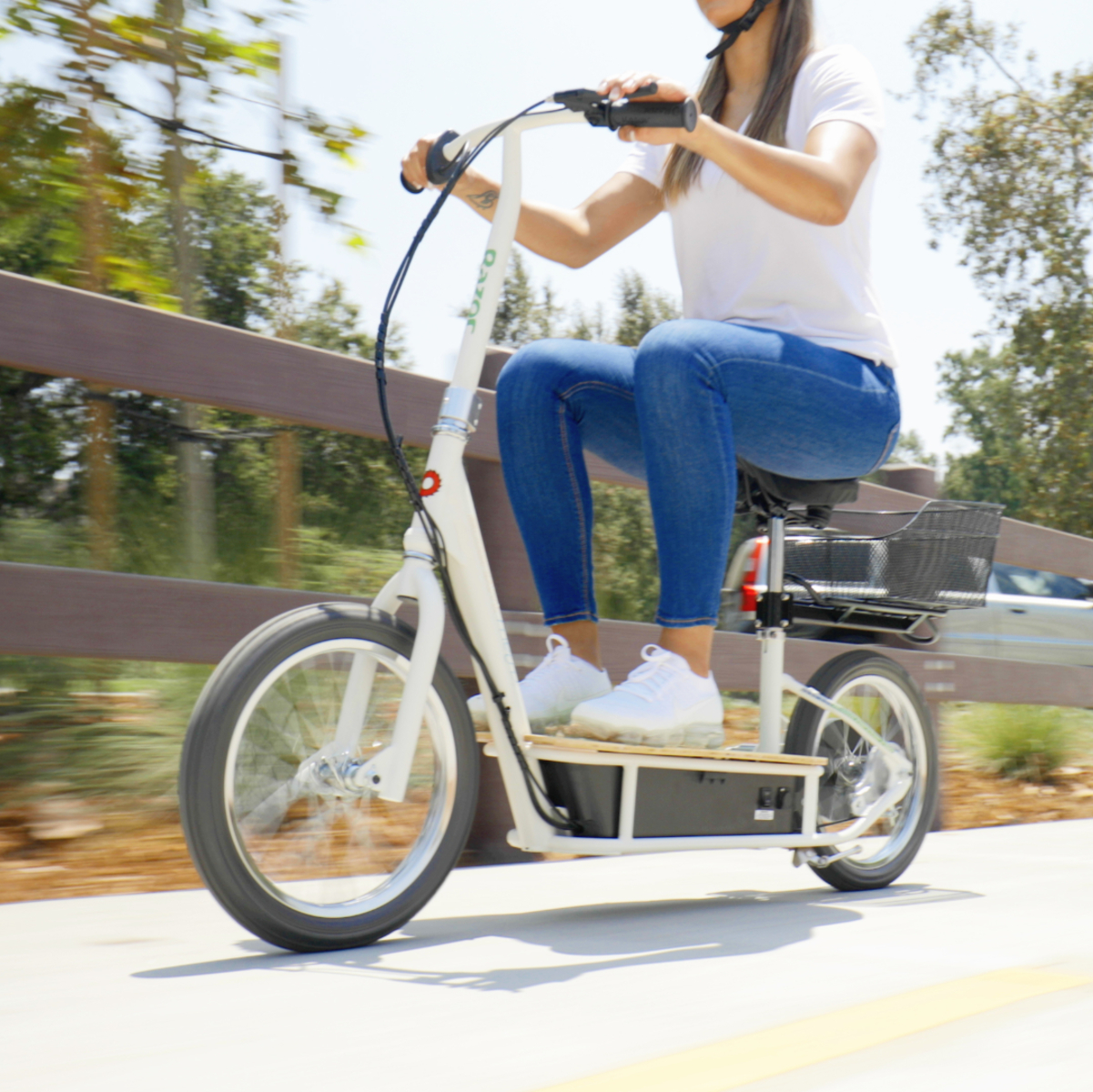Electric bikes and scooters play a quickly-increasing variety of roles. Whether used for commuting, beach cruising, trail riding, or just tooling around the neighborhood, ebikes and escooters take many shapes and forms at prices that range from a few hundred dollars to nearly $10,000. Walmart slashed prices on two Hyper E-Ride ebikes and three Razor electric scooters for its Labor Day sale.
Good deals on ebikes during this holiday sales event indicate a growing interest in electric-powered bicycles for sport and utility. Whether you are looking for an ebike or escooter for yourself or a family member, these five deals can help you save up to $401.
Hyper E-Ride Electric Bike 700C Wheels — $401 off
The Hyper E-Ride Electric Bike with 700C wheels rides up to 20 miles per hour with a 36-volt 7.8 Ah battery that drives a 250-watt hub driven electric motor. This Class 1 ebike with six speeds has a Shimano grip shifter and rear derailleur with power for pedal assistance only. You can’t drive this bike by throttle only, like a motorcycle or moped. Battery life is rated for up to one hour or about 20 miles, so don’t count on taking long trips. Charging time is approximately four hours. The Hyper E-Ride is best for light cruising around town or in your neighborhood where the rear-mounted rack is convenient for carrying packages.
Normally priced at $999, the Hyper E-Ride Electric Bike 700C Wheels is discounted to $598 for this sale. If you want an assisted power bicycle for casual rides, take this opportunity to take advantage of this discounted price.
Hyper E-ride Electric Bike, 26-inch Wheels — $400 off
The Hyper E-ride Electric Bike on 26-inch wheels has the same mechanics, both manual and electric, as the 700c-wheeled version above. Most design elements for this Hyper E-Ride model are unique, however, including the high middle bar, slightly larger tires, more aggressive handlebar position, and more neatly tucked brake and shift cables. This model does not have fenders or a rear rack which makes it less utilitarian than the other Hyper E-Ride, but that doesn’t mean it’s right for heavy off-road use. The bicycle-style V-brakes front and rear will need careful checking and adjusting, especially if you travel close to the 20 mph top speed.
Usually $998, the Hyper E-ride Electric Bike, 26″ Wheels is just $998 during the Labor Day sale. If you’re looking for a light-duty, ebike for casual rides, this model has an appealing low price.
Razor E200 Electric Scooter — $31 off
The Razor E200 Electric Scooter is intended for riders thirteen years and older and supports up to 154 pounds including the passenger and anything carried or worn. The E200’s rechargeable sealed lead-acid battery powers a 200-watt electric motor up to 12 mph with a single-speed chain drive. Razor rates battery life up to 40 minutes per charge. Additional features include a twist-grip throttle, hand-operated rear brake, air-filled 8-inch tires to soften the ride, and a retractable kickstand.
Ordinarily $230, the Razor E200 Electric Scooter is just $198 during this sale. If you want an escooter for sidewalk cruising, this is an excellent opportunity at a compelling price.
Razor E300 24-Volt Electric-Powered Scooter — $50 off
Slightly larger then the Razor E200 above, the Razor E300 24-Volt Electric-Powered Scooter pairs the same batteries with a 250-watt chain-driven motor and has a 15 mph top speed. The tires are 9-inches to carry more weight as this model is rated for up to 220 pounds. Battery life is rated at 40 minutes maximum, but it’s the same battery used for the E200 so that time sounds optimistic for a heavier scooter that can go a bit faster.
Regularly priced $320, the E300 24-Volt Electric-Powered Scooter is just $270 during Walmart’s Labor Day sale. If you’re shopping for an escooter that teens and adults can ride for fun, the E300 is a good deal, especially at this discounted price.
Razor 36-Volt EcoSmart Metro Electric Scooter — $170 off
The batteries on the Razor 36-Volt EcoSmart Metro Electric Scooter store 7Ah of power to drive the 500-watt electric motor. Top speed is 18 mph, load capacity is up to 220 pounds, and the battery is rated for up to 40 minutes of continuous use. There’s a removable luggage rack and you can replace the standard bicycle seat with another style of your choosing. The initial battery charge takes 12 hours. Recharging a fully-depleted battery may take as long as the initial charge, so if you plan to use the EcoSmart Metro Electric Scooter for commuting, keep charging time in mind. This escooter is best for casual neighborhood riding.
Instead of the usual $599 price, Walmart cut the Razor 36-Volt EcoSmart Metro Electric Scooter to just $429 during this sale. If you want a comfortable escooter to pick up the mail and ride around a village or neighborhood, the Razor EcoSmart is an appealing choice.










